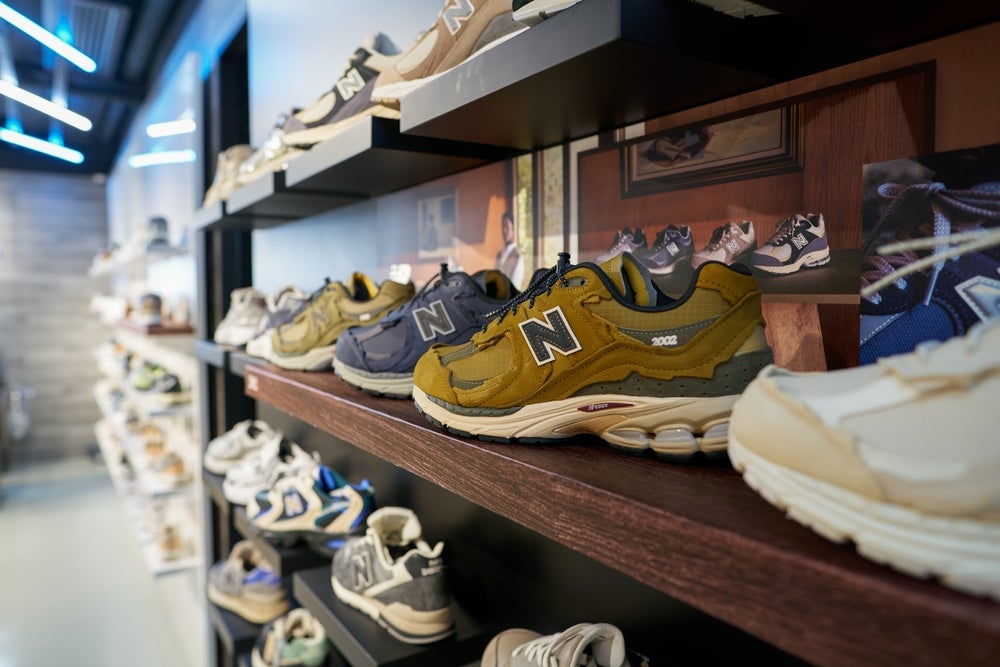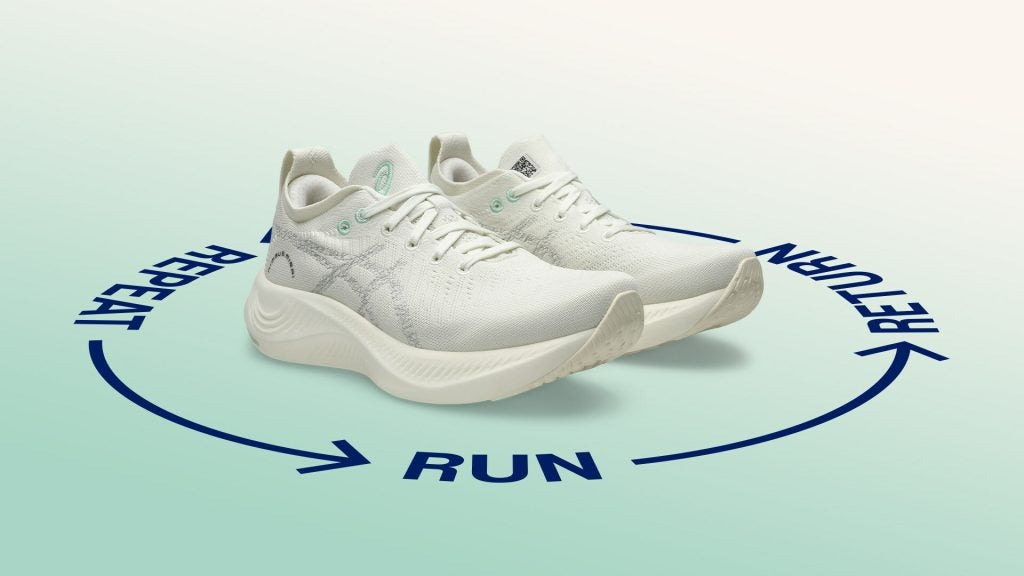With the operational success of its pioneering bacterial cellulose manufacturing facility in Central Mexico, Polybion sets a new standard in the production of Celium Premium Cultivated Cellulose.
The solar-powered plant is a testament to years of dedicated iteration, research and development, with a production capability poised to meet the increasing demand for next generation materials.
Celium is grown by feeding bacteria with agroindustrial fruit waste. It is a unique fabric that offers a sustainable approach, and forward-thinking aesthetics to designers and material engineers. It can be dyed, embossed and tanned with chromium-free formulations using existing infrastructure, which allows for a lower negative impact to the environment than traditional fabrics.
Celium by Polybion offers a leather-like feel, boasting unique properties tailored for fashion, sportswear, and automotive applications.
"Fashion label Ganni was quick to see its possibilities and embraced Celium as a leather alternative for their designs," the company says. Ganni has used the material in the Celium-made blazer, and bou bags.
"This bold step serves as an invitation to consumers and industry peers to explore and support alternative materials that reduce the environmental impact of the fashion industry," Polybion comments.
Celium will be available to the general public from May 2024.
The launch is complemented by the introduction of the Celium Swatch Sampler, a curated collection designed to inspire and enable designers and material engineers to explore the vast potential of this material. The sampler showcases the fabric’s remarkable versatility, showcasing a spectrum of possibilities. From vibrant marbled patterns achievable only with bacterial cellulose to timeless classic tones, it underscores the material's adaptability for diverse applications.
Last year, Polybion was named as one of the firms selected by Fashion for Good as part of its 2023 Global Innovation Programme.















